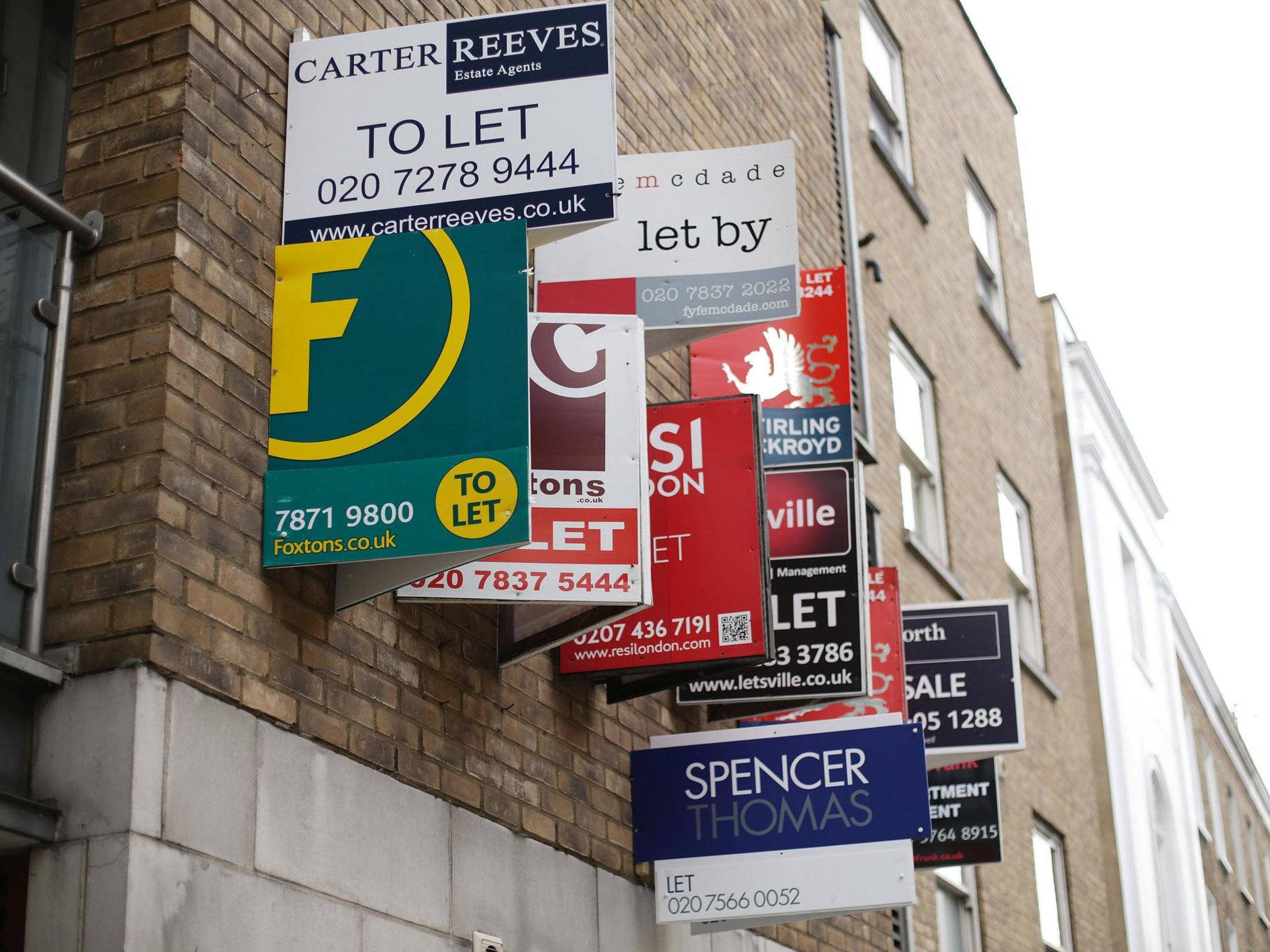British people need at least £260,000 to retire without money worries, say experts
...and renting millennials will need to set aside almost double that.

The pension mountain – the stack of cash required to fund anything more than a hand to mouth existence in old age – now stands at more than a quarter of a million pounds.
That’s what we’ll need to save on top of the full state pension, insurer Royal London has warned in a new research paper designed to shock government and consumers into increasing our woefully inadequate old age savings.
The figure is based on matching the average working income and takes into account spending changes like reduced travel costs because we’ll no longer be commuting to work.
It’s up by more than £100,000 since 2002 thanks to plummeting interest rates and rising life expectancy.
Smugness killed the pension
And despite the biggest overhaul to retirement saving in memory, we're nowhere close. Recent research from LV= suggests the average pot of money held by 45-54 year olds is just £71,340. Women have saved an average of only £56,000 by then it revealed, compared with £112,000 among men.
And now there’s another issue threatening to scupper our best savings intentions – complacency.
The workplace pension scheme has undoubtedly swept significant numbers of people into saving for retirement. Around half of UK adults are now thought to be saving enough to favourably compare their pre- and post-retirement life. But for many others, the assumption that saving the minimum automatic contribution will be enough, coupled with precious little information on precisely how much their total pot needs to be worth, has stalled savings rates.
“This research has big implications for the mandatory 8 per cent contribution rate from April 2019 for those who have been enrolled into a workplace pension,” says Helen Morrissey, personal finance specialist for Royal London.
“This is a great start, but the government needs to act quickly to nudge people up to more realistic savings levels. Without this, many millions of people will face a sharp drop in living standards when they retire.”
Changing fortunes
Critically, those millions will include a disproportionate number of millennials whose other financial circumstances are already a step behind their older peers.
Get a free fractional share worth up to £100.
Capital at risk.
Terms and conditions apply.
ADVERTISEMENT
Get a free fractional share worth up to £100.
Capital at risk.
Terms and conditions apply.
ADVERTISEMENT
Last month, a major study by leading think tank the Resolution Foundation found "a generation of young people face the prospect of never owning their own home".
Around 40 per cent of millennials are now renting in their thirties, double the rate of the previous generation and four times that for the baby boomers born after the Second World War. A third will never be property owners. And that has far more serious consequences than just having to get permission before redecorating – it changes the financial game for the rest of their lives.
As a nation, the Resolution Foundation report concluded that "…a rising share of retiree renters, coupled with an ageing population, could more than double the housing benefit bill for pensioners from £6.3 billion today to £16 billion by 2060 - highlighting how everyone ultimately pays for failing to tackle Britain's housing crisis."
But for individuals, renting in retirement at a time when the vast majority of homeowners are likely to have finished paying off their mortgage could turn their pension savings into a drop in the ocean.
Moving targets
On a direct individual level though, the news is much worse. Royal London’s figures suggest that if you are still renting when you retire, housing costs will increase the amount you’ll need to have saved to a staggering £445,000 to maintain the kind of lifestyle the typical £27,000 a year worker enjoys.
“This research is a reminder that when we save for retirement we are chasing a moving target,” Morrissey adds. “If our retirement pot is going to support us through a longer retirement and in an era of lower interest rates, we are going to need to build a much bigger pot than in the past.
“More worrying still, we can no longer assume that we will be mortgage-free homeowners in retirement. For those unable to get on the property ladder during their working life, a large private rental bill needs to be factored in to retirement planning.
“For all of these reasons, we cannot afford to be complacent about current levels of retirement saving.”
Join our commenting forum
Join thought-provoking conversations, follow other Independent readers and see their replies
Comments
Bookmark popover
Removed from bookmarks